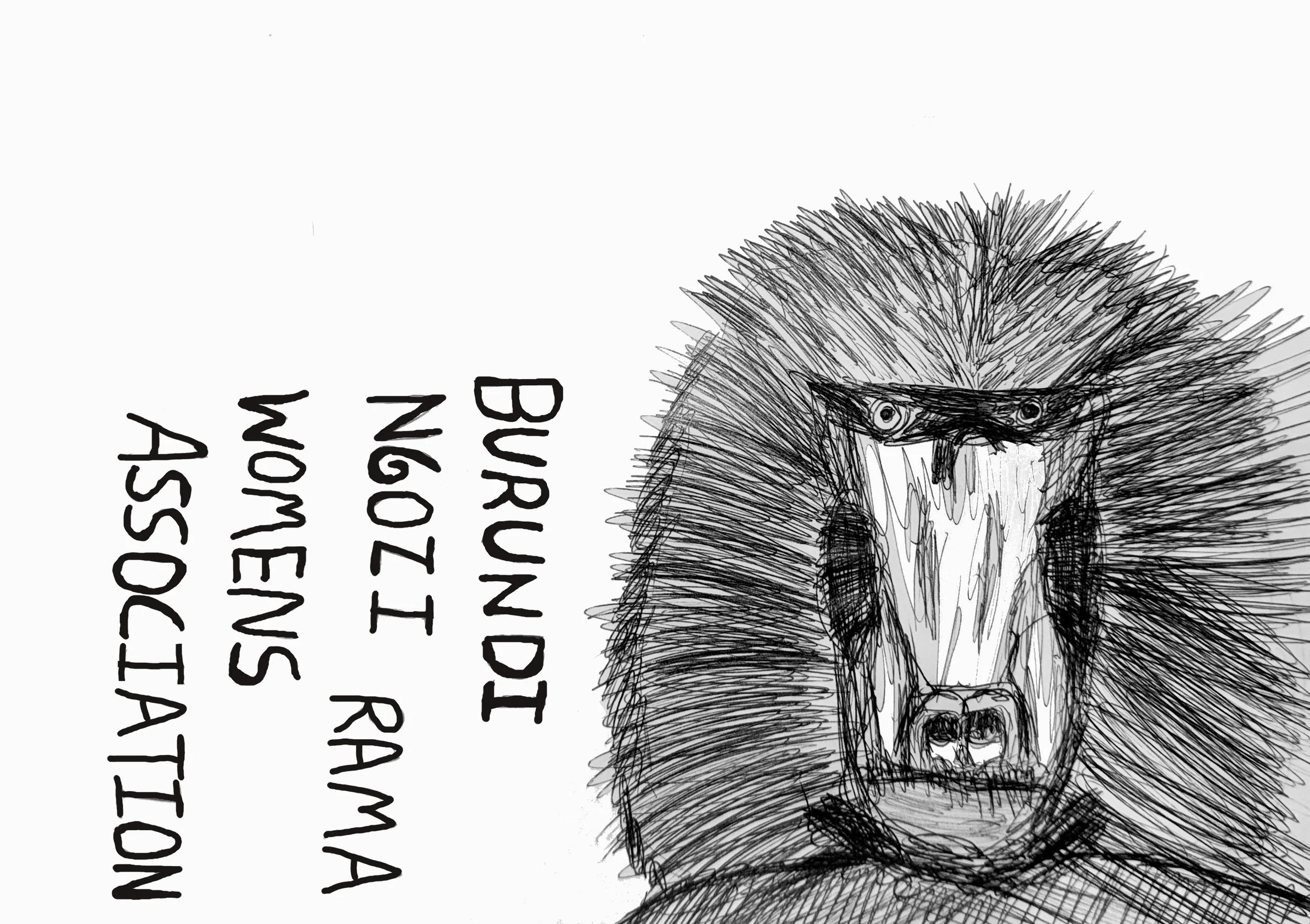 Image 1 of 1
Image 1 of 1


Burundi - Ngozi Rama Women's Association (Red Bourbon Natural) (Blueberry, Chocolate, Cherry, Peach)
The Rama Women’s Association spent years training in Good Agricultural Practices with Greenco and building savings. By 2017, they planted their first model farm and diversified into coffee, beans, vegetables, and livestock. Their improved coffee cultivation techniques boosted yields from 0.7 kg to 2 kg per plant.
Marie-Annonciate mobilized women near the Mubuga washing station to fight for land rights, challenging Burundi’s patriarchal land laws.
Though legal ownership was denied, support from the Kahawatu Foundation and Greenco helped the Rama Women’s Association to secure a land lease from a local community member. Rama members selectively handpick cherry and deliver it to Mubuga washing station, where their cherry maintains traceability through the entire process. Quality assurance begins as soon the members deliver their cherry.
Cherry is wet processed under constant supervision. All cherry is floated in small buckets as a first step to check quality. After floating, the higher quality cherry is sorted again by hand to remove all damaged, underripe and overripe cherries.
Following sorting, cherry is then transported directly to the drying tables where it will dry slowly for 3 to 4 weeks. Cherry is laid out in a single layer. Pickers go over the drying cherry for damaged or defective cherry that may have been missed in previous quality checks. The station is very strict about allowing only the highest quality cherry to complete the drying process. Cherry is covered with tarps during periods of rain, the hottest part of the day and at night.
Once dry, the parchment is then bagged and taken to the warehouse. Greenco’s team of expert cuppers assess every lot (which are separated by station, day and quality) at the lab. The traceability of the station, day and quality is maintained throughout the entire Process. Before shipment, coffee is sent to Budeca, Burundi’s largest dry mill. The coffee is milled and then hand sorted by a team of hand-pickers who look closely at every single bean to ensure zero defects. It takes a team of two hand-pickers a full day to look over a single bag. UV lighting is also used on the beans and any bean that glows (which is usually an indication of a defect) is removed.
The Rama Women’s Association spent years training in Good Agricultural Practices with Greenco and building savings. By 2017, they planted their first model farm and diversified into coffee, beans, vegetables, and livestock. Their improved coffee cultivation techniques boosted yields from 0.7 kg to 2 kg per plant.
Marie-Annonciate mobilized women near the Mubuga washing station to fight for land rights, challenging Burundi’s patriarchal land laws.
Though legal ownership was denied, support from the Kahawatu Foundation and Greenco helped the Rama Women’s Association to secure a land lease from a local community member. Rama members selectively handpick cherry and deliver it to Mubuga washing station, where their cherry maintains traceability through the entire process. Quality assurance begins as soon the members deliver their cherry.
Cherry is wet processed under constant supervision. All cherry is floated in small buckets as a first step to check quality. After floating, the higher quality cherry is sorted again by hand to remove all damaged, underripe and overripe cherries.
Following sorting, cherry is then transported directly to the drying tables where it will dry slowly for 3 to 4 weeks. Cherry is laid out in a single layer. Pickers go over the drying cherry for damaged or defective cherry that may have been missed in previous quality checks. The station is very strict about allowing only the highest quality cherry to complete the drying process. Cherry is covered with tarps during periods of rain, the hottest part of the day and at night.
Once dry, the parchment is then bagged and taken to the warehouse. Greenco’s team of expert cuppers assess every lot (which are separated by station, day and quality) at the lab. The traceability of the station, day and quality is maintained throughout the entire Process. Before shipment, coffee is sent to Budeca, Burundi’s largest dry mill. The coffee is milled and then hand sorted by a team of hand-pickers who look closely at every single bean to ensure zero defects. It takes a team of two hand-pickers a full day to look over a single bag. UV lighting is also used on the beans and any bean that glows (which is usually an indication of a defect) is removed.

